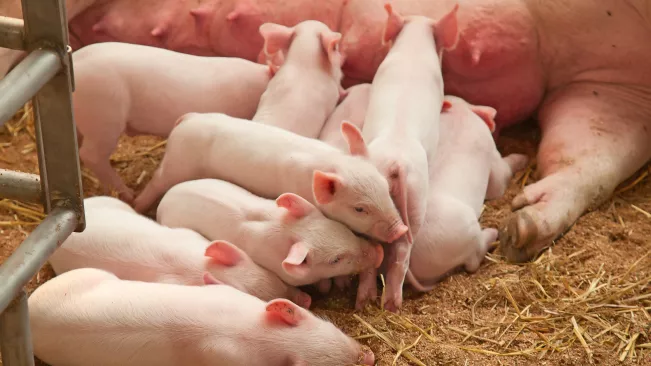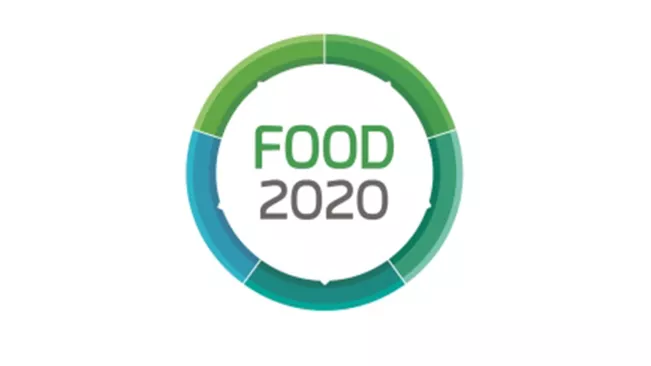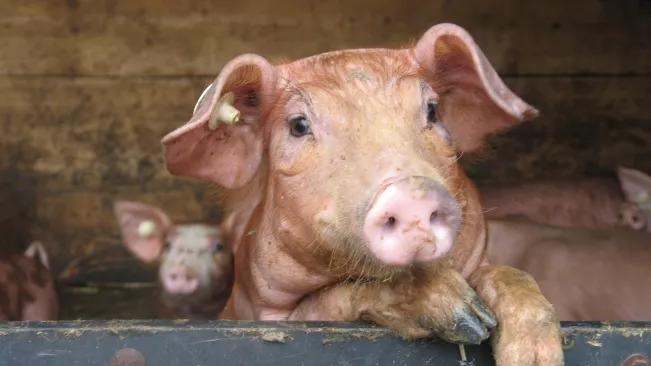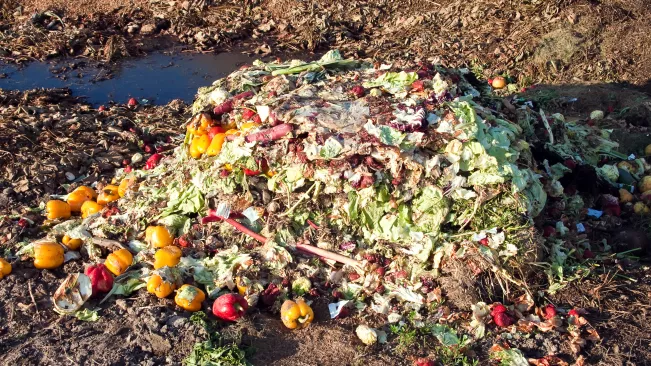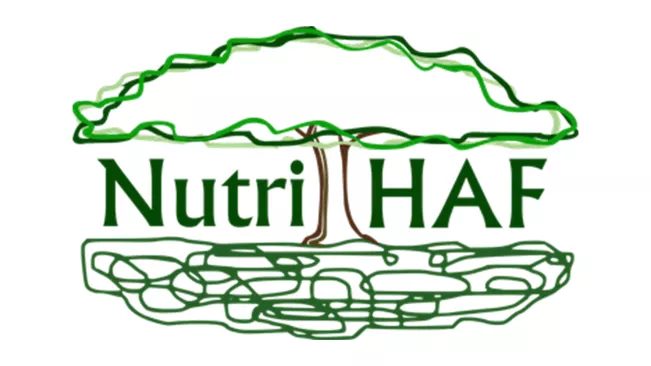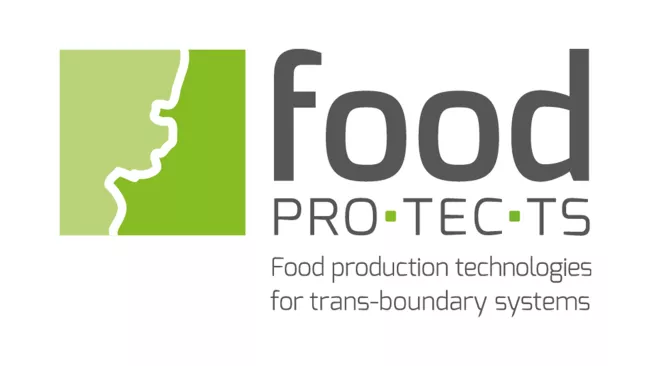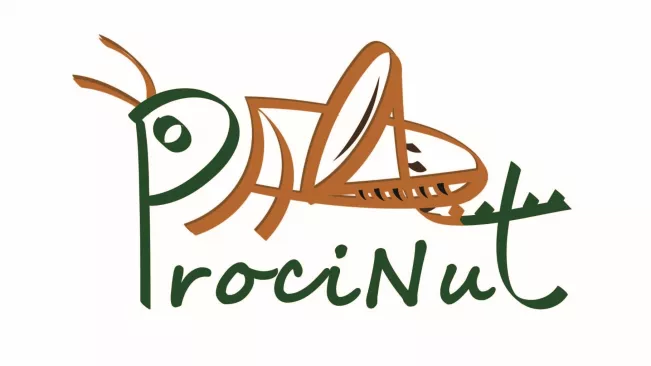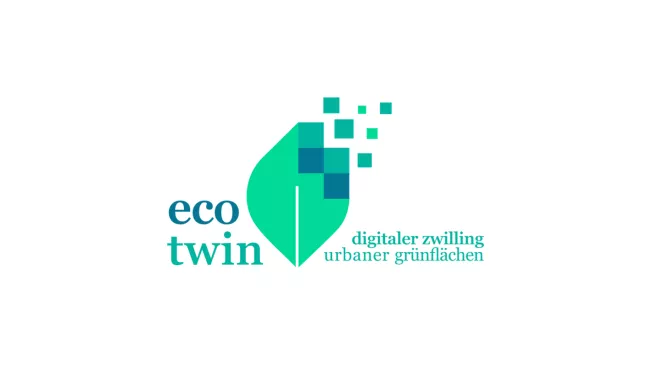International Centre for Sustainable Development (IZNE)
Soils and Biomass
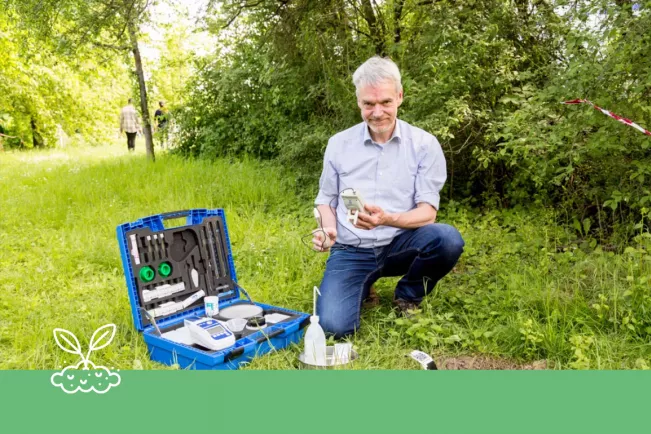
The research field explained in 5 minutes
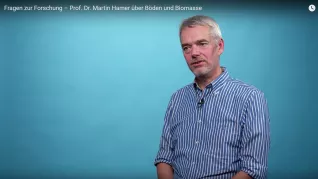
The research field at a glance
The central focus fields of the research group "Soils and Biomass":
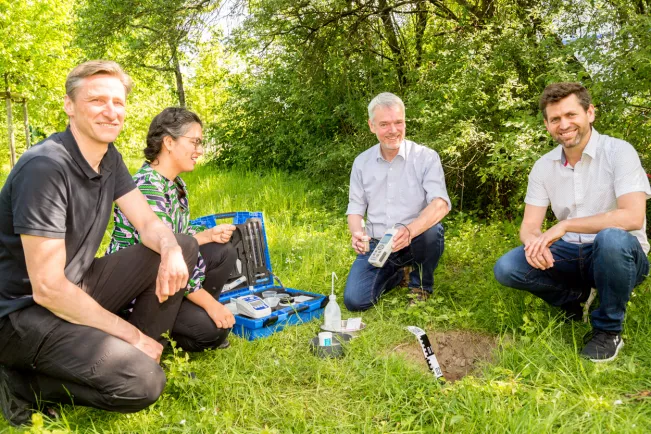
- Land use and soil protection
- Sustainability in agriculture and the food system
- Protection of the environment
- One Health
The strategic starting point for the work of the International Centre for Sustainable Development (IZNE) is the orientation towards the UN Sustainable Development Goals (SDGs). The 17 formulated Sustainable Development Goals (SDGs) form the core of the "2030 Agenda for Sustainable Development". As a member of the German Sustainable Development Solutions Network, we thus contribute to promoting sustainable development in Germany and German commitment to sustainable development worldwide.
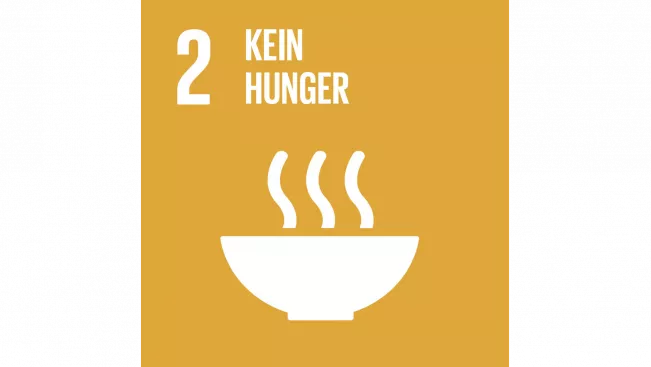
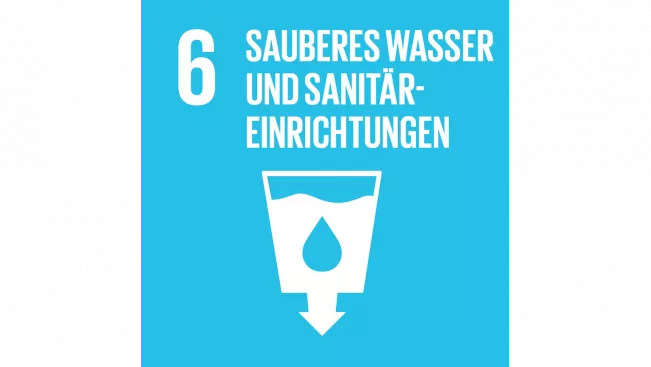
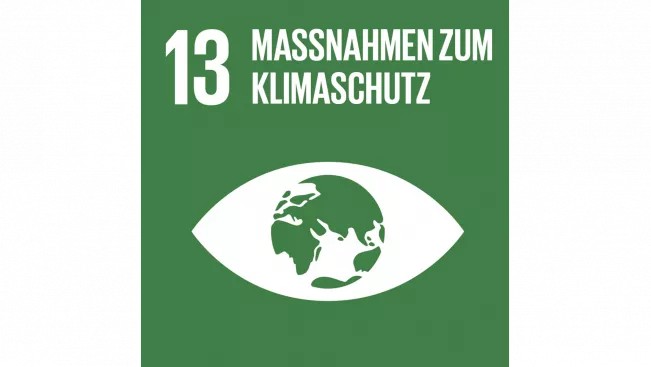
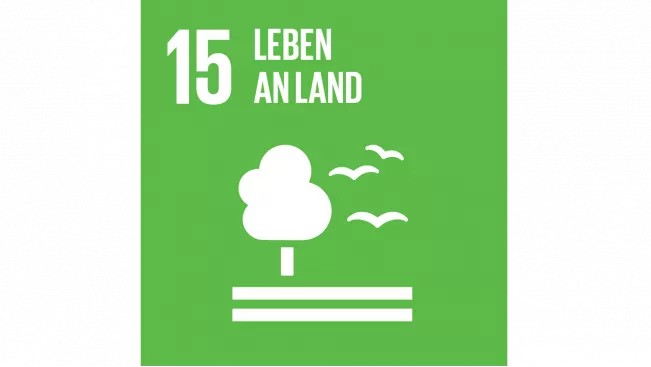
The questions posed by the research focus on soils and biomass are based on the Sustainable Development Goals (SDGs) adopted by the United Nations in September 2015. The goals 'No Hunger' (SDG 2), 'Clean water and sanitation' (SDG 6), 'Climate Action' (SDG 13) and 'Life on Land' (SDG 15) are at the center of the considerations.
IZNE initiates and coordinates several research projects connected to the above topics, which protect soil as a finite resource, applying a holistic approach. Recognized experts agree that especially knowledge transfer and application-oriented research are of central importance to achieve the ambitious UN-SDGs. A consistent policy of involvement of practitioners as partners as well as social interest groups underline the application-oriented nature of IZNE projects.
„I think it’s one of the big questions in soil science: why is our knowledge still not applied enough?”
Prof. Dr. Johan Bouma , Wageningen University & Research, 2018
The loss of fertile soils and thus also of ecologically diverse terrestrial ecosystems worldwide is dramatic. According to UN estimates, around ten million hectares of usable land are lost every year. 3.6 billion (109) hectares have already been affected by desertification, an area larger than Africa. Loss of livelihood threatens one billion people1. The United Nations' Agenda 2030 defines with the SDG 15 a sustainable development goal that also covers soils and biomass: "Protect, restore and promote the sustainable use of terrestrial ecosystems, sustainably manage forests, combat desertification, halt and reverse land degradation and halt biodiversity loss". Other SDGs such as SDG 2 "Zero Hunger" or SDG 13 "Climate Action" are directly or indirectly linked to soils and biomass.
„Soils are the essential basis for life on land and the central link in many material cycles between the spheres. Among other things, soils are the basis for more than 90 percent of global food production and are therefore irreplaceable for our daily nutrition. Soils play a crucial role in the functioning of the Earth's ecosystems. It is therefore important to protect, conserve and sustainably manage them in order to ensure their diverse functions in the long term.”
Prof. Dr. Martin Hamer - Professor for soils and biomass/Director of the International Centre for Sustainable Development (IZNE)
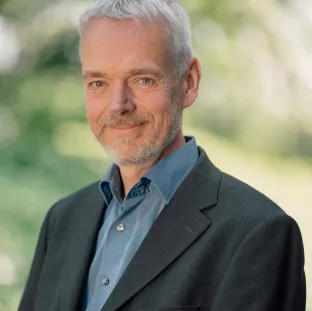
Research and Development
Healthy soils are crucial for achieving climate and biodiversity goals under the European Green Deal. In this context, the EU Soil Strategy 2030 sets out concrete measures to protect and restore soils and ensure their sustainable use. The preservation of soil fertility is thus of paramount importance for the supply of food and biomass to a steadily growing world population. Nitrogen and carbon cycles, especially in agro-ecosystems, play a central role in this context. Using on-site produced farm fertilizers based on fast growing raw materials, such as Miscanthus, N-losses can be minimized and the fertility of the soil improved by a positive humus balance2. In addition to the farm level approach, a look beyond the system boundaries is an important element in the assessment of anthropogenic factors influencing ecosystem interactions. Within the framework of a One-Health-Strategy, the interactions between relevant soil functions (as a component of the local environment) and animal and human health are being studied3. However, the implementation of resource-saving concepts can only succeed if there is a growing social awareness to protect finite resources. So actively involving people in research projects, e.g. through participatory "Citizen Science" formats, can give an important impetus for the acceptance and implementation of new strategies.4
In particular, the European Green Deal of the European Union opens up new paths for the interaction between soils and biomass ("More sustainable use of plant and soil natural resources..."). Alongside the material and energetic use of biomass, food security is one of the most pressing issues for future generations. Supplying the population with high-quality proteins from different sources is of central importance. Established animal food production methods are requiring a re-evaluation with regard to ethical (for example animal welfare) and ecological (for example nitrate surplus) issues.5 Moreover, new protein sources, for example from insect production, using significantly smaller amounts of natural resources, are only one component of future food production.6
Networking and transfer
Close cooperation with strong regional (University of Bonn and UN University), European (e.g. Wageningen University & Research, Netherlands) and international (e.g. Sichuan Agricultural University, China) research partners in the above field is essential for the development and implementation of new concepts and products. Interaction with the relevant practitioner target groups is ensured by our research projects and an active participation in national and international networks. The cross-border network GIQS, for instance, focuses on transdisciplinary research projects with partners from agricultural and food industry including strong economic participation. Also, working together in the international One-Health network connects medical and veterinary doctors with environmental sciences, building an effective platform for interdisciplinary research.
Any futher questions?

Martin Hamer
Professor for soils and biomass, Director of the International Centre for Sustainable Development (IZNE), Department of Applied Natural Sciences
Research fields
Location
Sankt Augustin
Room
F 311
Address
Grantham-Allee 20
53757, Sankt Augustin
Telephone
+49 2241 865 774
Research fields
Location
Location
Sankt Augustin
Room
F 309
Address
Grantham-Allee 20
53757 Sankt Augustin

